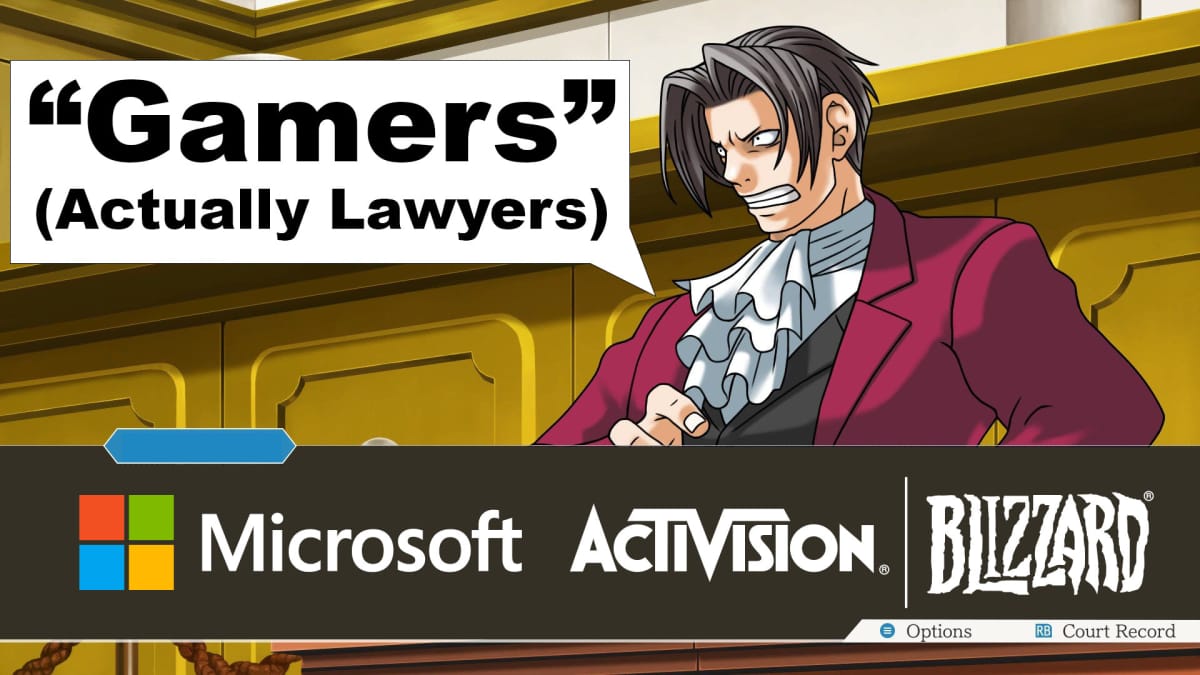The Supreme Court of the United States has denied a last-ditch attempt to hinder Microsoft's acquisition of Activision Blizzard by the plaintiffs of the so-called "Gamers' Lawsuit."
The group, represented by Joseph Saveri Law Firm and Alioto Law form, filed an emergency application for a temporary injunction of the deal pending their appeal against the previous denial by the 9th Circuit Court of Appeals.
The application, addressed to Justice Elena Kagan on July 15, has been denied as seen in the Supreme Court's docket.
If you're not familiar with this specific lawsuit, the media has often improperly called it "Gamers' Lawsuit" echoing its promoters' claims.
It has been formally initiated by a handful of self-identified "consumers of video games" represented by the aforementioned law firms in an attempt to stop the merger claiming that it would harm competition, reduce consumer choice, raise prices, and so forth.
In the United States, legislation (Section 7 of the Clayton Antitrust Act) allows private citizens to sue in antitrust cases.
The plaintiffs sought to get a preliminary injunction to stop the merger before the lawsuit is judged on the merits, and it was denied in May by Federal Judge Jacqueline Scott Corley, who also ruled on a similar motion by the FTC. After that, plaintiffs appealed to the 9th Circuit and finally to the Supreme Court. All of these attempts have now been rejected.
It's worth mentioning once more that, while the mainstream and enthusiast press has often defined this as the "Gamers' Lawsuit," we're using the same definition here exclusively because it is familiar to the reader, and strictly between quotation marks.
It's basically the usual class action instigated by law firms taking advantage of a few individuals in what's essentially an antitrust version of ambulance chasing. We're not implying in any shape or form that it represents gamers as a group.
This comes after the American antitrust regulator FTC also failed in its last-ditch attempt to correct its defeat in court in the attempt to block the acquisition. While the regulator's administrative process still hasn't been called off, its chances to stop the acquisition before it consummates are basically zero.
In the UK, the CMA is now taking a much more diplomatic stance following its denial as Microsoft is presenting an amended version of the deal that should address the regulator's concern.
Elsewhere, most regulators have ruled in favor of the acquisition, including recent decisions by the European Union, China, South Korea, South Africa, and Turkey, with a total of 40 countries clearing the acquisition.
New Zealand expressed doubts about the deal and Canada expressed its disapproval with a letter, but neither has formally moved to block the acquisition yet.







